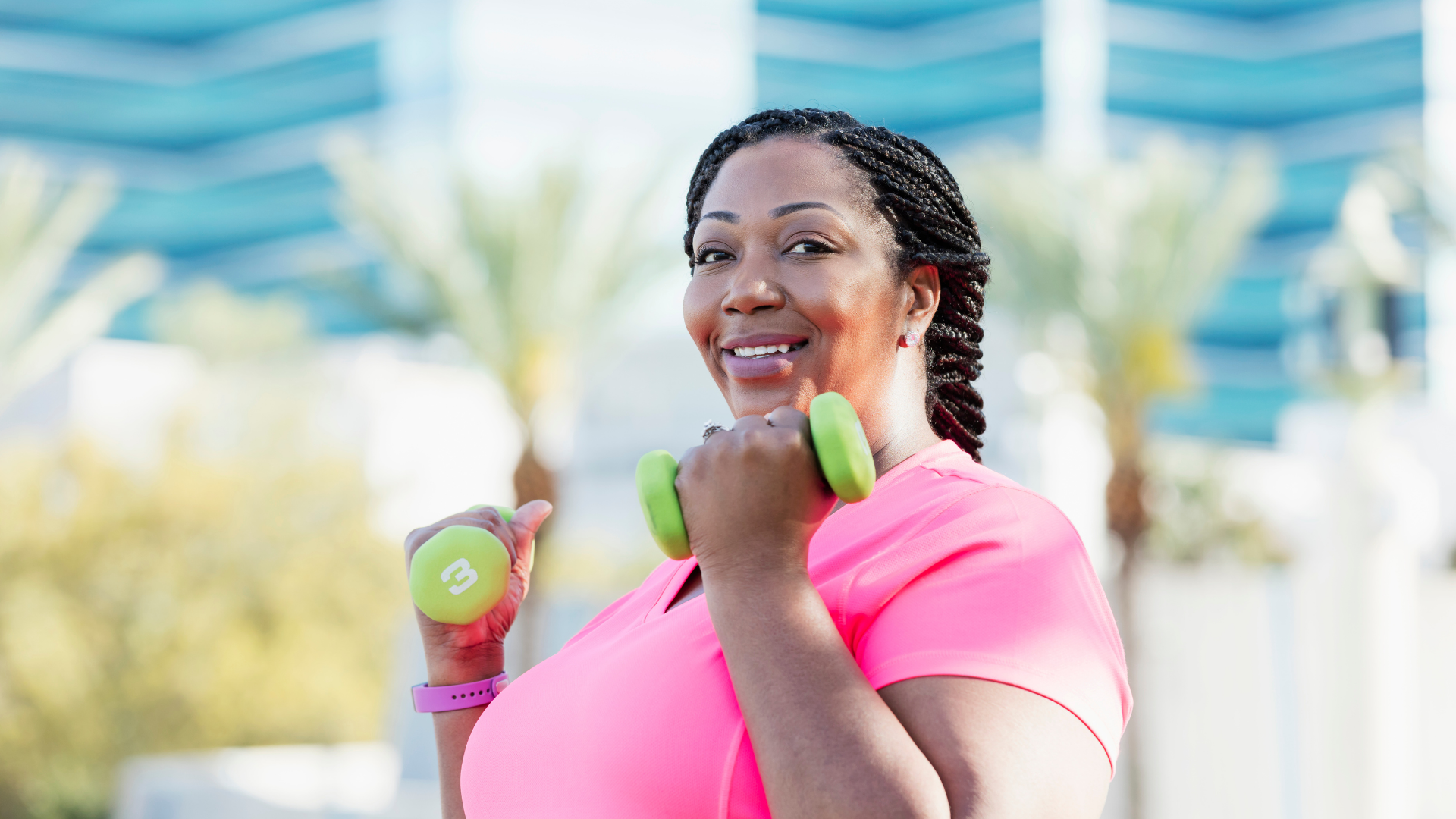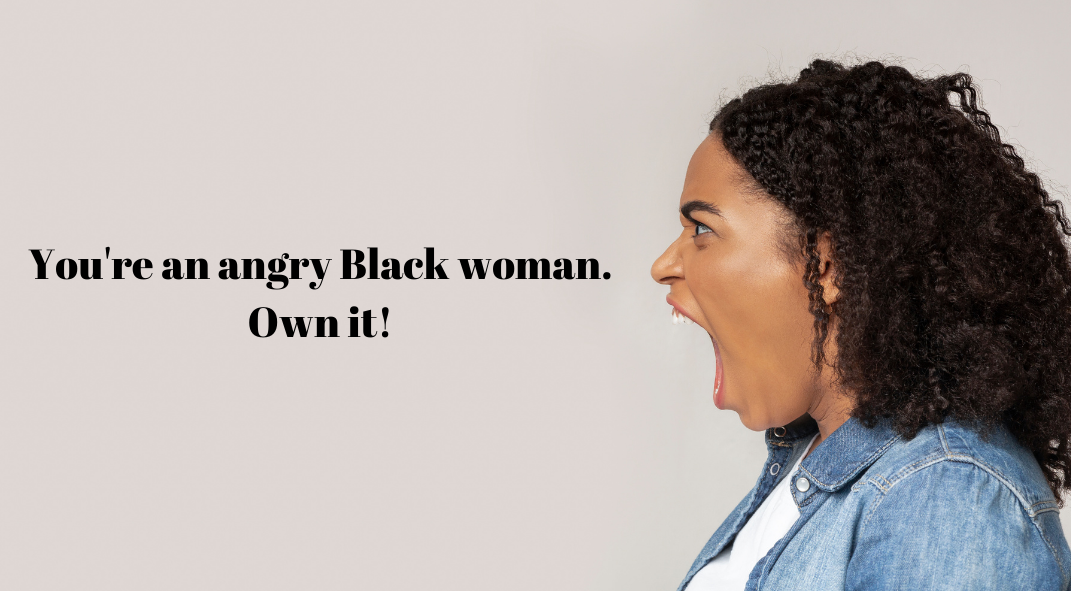Credit: Kali9 from Getty Images Signature
New research: The emotions of 2020 transformed how we eat. If you want to release pain and pounds, a health coach has the tips you need to succeed.
It may be a new year, but we’re still feeling the effects of the 2020 shutdown. The “quarantine 15” added onto the typical holiday weight gain is having an impact on how we think about our food and how to take care of our bodies. Even a year later, our lives still feel disrupted. We are reaching for comfort food instead of healthy food. Our exercise goals have been crushed and tossed out with the trash. And why would we bother moving around if we’re just going to be in PJs all day!
Losing the weight we’ve gained can be a feat in itself, so this year, let’s change the way we think about diet and exercise with the Black Girl Joy Diet. In this article, we’re gonna take a look at what’s really feeding you. We may think of the foods we eat as the only thing that feeds us, but “primary foods,” as described by the Institute of Integrative Nutrition, are also important. Primary foods are the ingredients in your life that nourish your body, mind, and spirit.
In my latest article for the Sisters AARP newsletter, “Your 2021 Black Girl Joy Diet: Reclaim Happiness and a Healthy Weight”, I want to prioritize happiness within our healthy habits and take a closer look at what’s really feeding us. Click to read the full article here.















